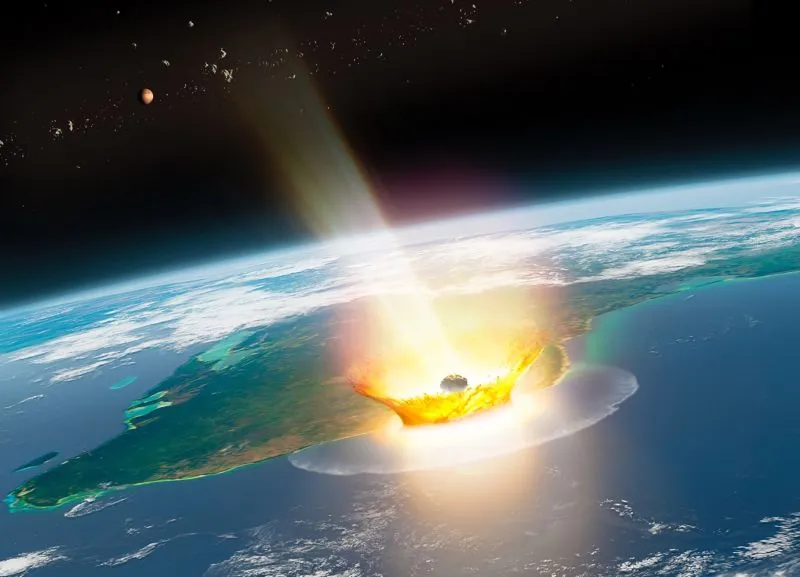Science - New Insights Into The Asteroid That Extincted Dinosaurs

Science: Unraveling The Dinosaur Extinction Event
Sixty-six million years ago, a colossal asteroid collided with Earth, leading to the demise of roughly 75% of its animal species. The latest research published in Science has discovered that this dino killer was likely a rare carbonaceous chondrite, an ancient space rock rich in clay and organic compounds.
The Asteroid's Chemical Composition
In the quest to identify the asteroid, scientists analyzed a thin clay layer found globally, dating back 66 million years. They specifically focused on the metal ruthenium, which is more prevalent in asteroids than in Earth rocks. This analysis revealed a chemical signature consistent with carbonaceous chondrites, suggesting that the extinction-causing asteroid was indeed one of these ancient rocks.
Importance of Understanding Asteroids
As incidences of such massive impacts on Earth are rare—occurring every 100 to 500 million years—this research not only enriches our knowledge of past events but also emphasizes the need for planetary defense against future asteroid threats. Researchers highlight the importance of knowing the characteristics of different asteroid types when considering Earth defense strategies.
This article was prepared using information from open sources in accordance with the principles of Ethical Policy. The editorial team is not responsible for absolute accuracy, as it relies on data from the sources referenced.